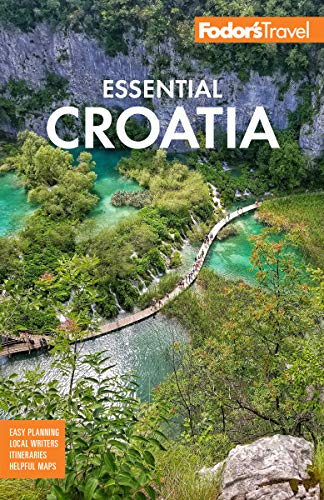In the late 19th century, Opatija (Abbazia in Italian) was among the most elegant and fashionable resorts in Europe. Its history as a resort town dates from the 1840s, when villas were built for members of minor royalty. In 1873 the start of rail service from Vienna and Budapest, along with an aggressive publicity campaign, put Abbazia on the tourist map as a spa of the first magnitude. With the high mineral content of the sea water, iodine in the air, and an annual average of 2,230 hours of sunshine, it qualified as a top-rated climatic health resort, and emerged as a favorite wintering spot for Central European nobility and high society.
A hint of the formality that gilded Opatija in its heyday still survives; the narrow pines and grand buildings remind one of the Italian lakes. This means that many visitors from all over Europe continue to head to the Opatija Riviera in the summer. At the same time, this stretch of coast has not gone unnoticed by the locals. Until recent years the town was a weekend haunt for some younger, mobile Rijeka citizens. Thanks to these driving forces, the upmarket hotel guests still share the resort with some of the region's more upwardly mobile restaurants. However, their number is dwindling, while the town's once admirable nightlife has packed up and headed back to the cooler parts of Rijeka, leaving Opatija to wealthy and more elderly visitors from the surrounding countries. These guests seem more eager to sip the waters than wine and spirits.
The main street, ulica Maršala Tita, runs parallel to the coast for the length of town, and you can go from one end of town to the other on foot in about half an hour, passing numerous terrace cafés along the way. The best seafood restaurants are in the neighboring fishing village of Volosko, a 15-minute walk along the seafront. The mild climate year-round and resulting subtropical vegetation, frequently sunny skies, and shelter from cold north winds provided by Mt. U?ka give Opatija pleasant weather for much of the year. In summer, fresh sea breezes tend to dispel any oppressive heat, making the city an ideal seaside resort.






